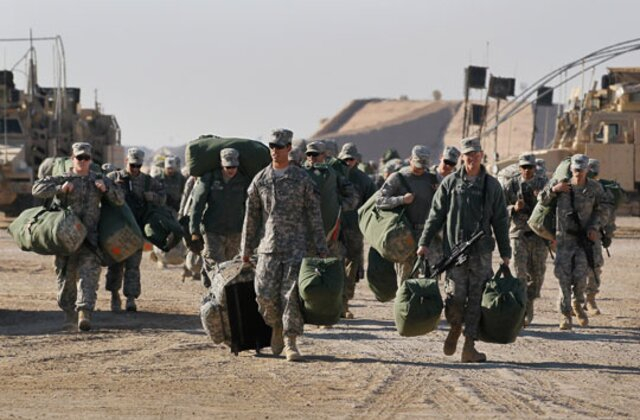Iran has called on the United Nations Security Council (UNSC) to take immediate and decisive action against recent Israeli attacks in Tehran and Beirut, emphasizing the need for sanctions to prevent further violations. In a letter to the Council, Iran's UN ambassador, Amir-Saeed Iravani, condemned the assassination of Hamas political leader Ismail Haniyeh in Tehran, labeling it a "cowardly terrorist attack" and a blatant violation of international law and Iran's sovereignty.
Iravani's letter described the assassination as a continuation of Israel's long history of targeting Palestinian resistance leaders, calling it part of a broader plan to commit genocide against Palestinians, especially intensified over the past ten months. He accused Israel of disregarding the basic norms and principles of international law and highlighted recent Israeli attacks in Beirut, which targeted civilians and infrastructure, as further evidence of Israel’s aggressive and destabilizing actions in the region.
The Iranian ambassador also implicated the United States in these actions, citing its strategic alliance and support for Israel. He argued that the attacks could not have occurred without U.S. authorization and intelligence support, thus holding the U.S. partially responsible for the escalation and instability in the region.
Iran has urged the UNSC to condemn these acts of aggression unequivocally and to take prompt action to hold Israel accountable. The letter stressed that the Council's credibility depends on its ability to uphold international law and respond effectively to such violations.
Iran has also reaffirmed its right to self-defense under Article 51 of the UN Charter, indicating its readiness to respond decisively to protect its sovereignty and territorial integrity. The letter concluded by emphasizing Iran's commitment to international law and the principles of the UN Charter, advocating for peace and stability through respect for these principles.
In response to Iran’s request, the Russian presidency of the UNSC has scheduled an emergency meeting on Wednesday at 2000 GMT, supported by Russia, China, and Algeria. UN Secretary-General Antonio Guterres has expressed concern over the attacks, calling for regional de-escalation to ensure long-term peace and stability.

















